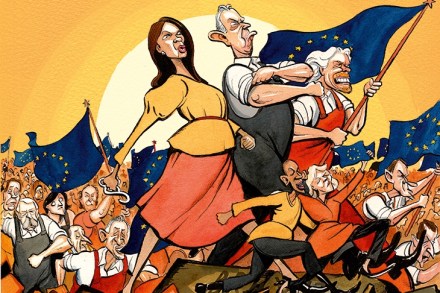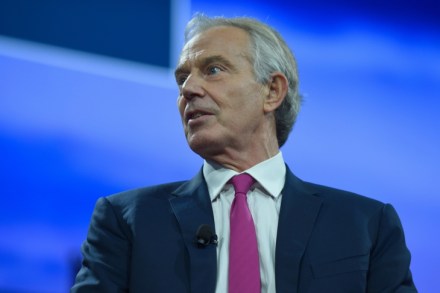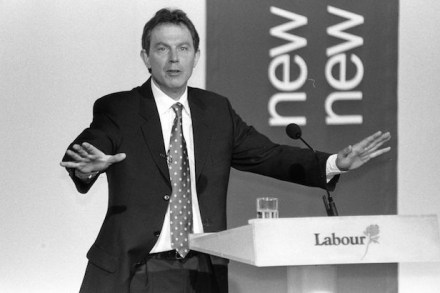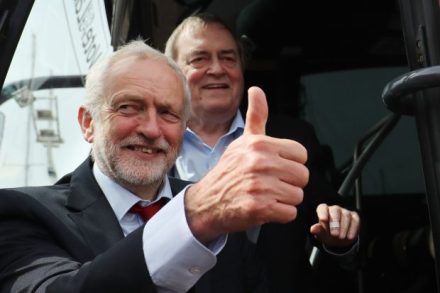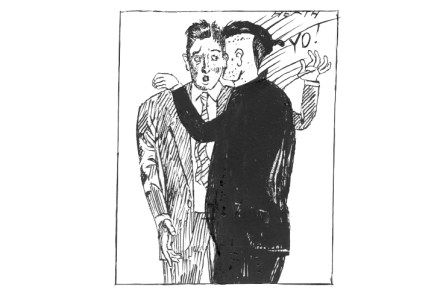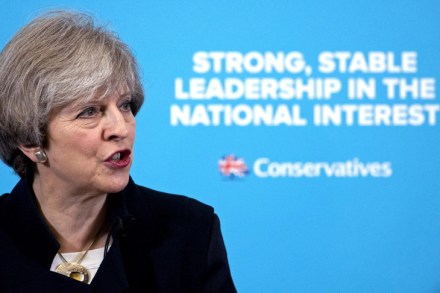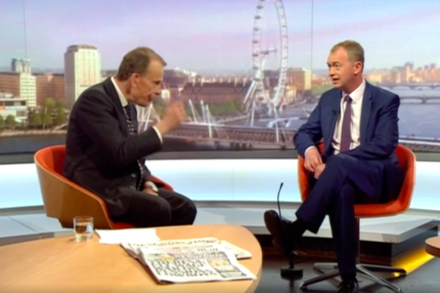The people vs Brexit
The very best impressionists do not simply mimic the mannerisms, speech patterns and facial expressions of their targets — they also cleverly satirise the beliefs, character and political dispositions of those targets. Most of us would not remember Mike Yarwood with great fondness because he was quite unable to do any of that. It was enough for Mike simply to raise his shoulders and laugh when evoking Ted Heath; there was no depth to the performance, nothing which gnawed away at Heath’s petulance and obstinacy and insecurity. So we should be grateful for Rory Bremner, who has pulled off a superb impression of a smug, simpering, Remainer London luvvie. With
